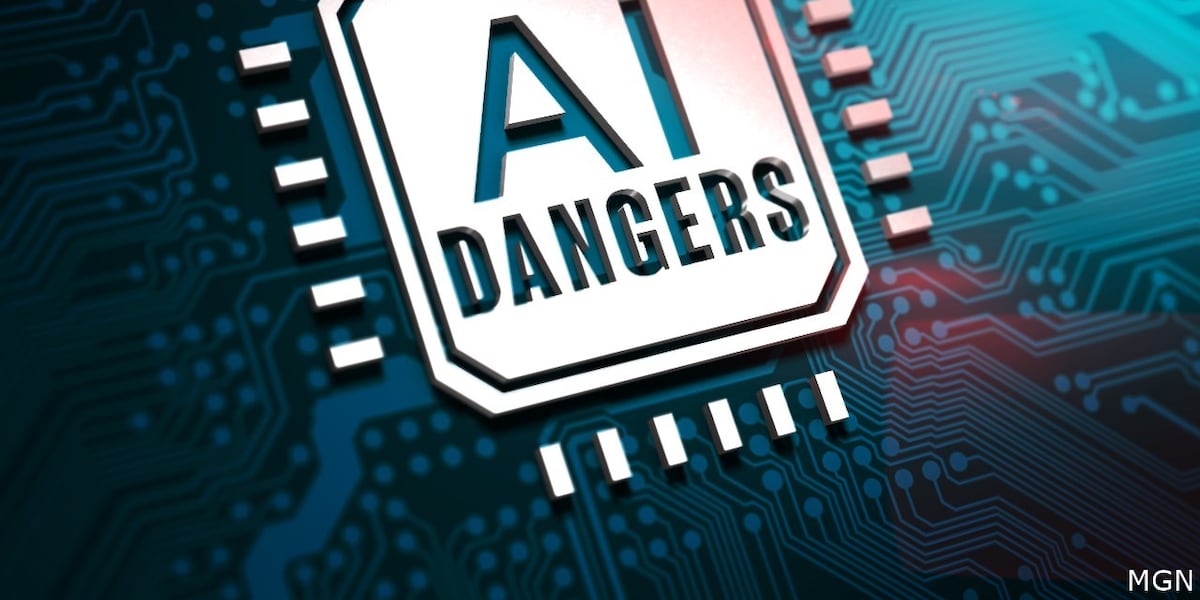Minnesota Moves to Crack Down on AI-Powered Nude Image Generators

Artificial Intelligence: A Double-Edged Sword of Innovation and Risk
The rapid advancement of artificial intelligence is transforming our world, offering unprecedented opportunities while simultaneously presenting complex challenges. As AI technologies continue to evolve, they emerge as powerful tools with the potential to revolutionize industries, solve intricate problems, and enhance human capabilities. However, this technological marvel is not without its darker implications.
The promise of AI is immense - from streamlining complex business processes to developing groundbreaking medical solutions. Yet, beneath its innovative surface lies a landscape of potential misuse and ethical dilemmas. When this powerful technology falls into the wrong hands or is deployed without careful consideration, it can pose significant risks to privacy, security, and human autonomy.
Experts warn that unchecked AI development could lead to unintended consequences, ranging from algorithmic bias to potential job displacement and even more profound societal disruptions. The key lies in responsible development, robust ethical frameworks, and continuous dialogue about how we can harness AI's potential while mitigating its potential dangers.
As we stand at the crossroads of technological innovation, the future of AI remains both exciting and uncertain - a testament to humanity's incredible capacity for creation and our ongoing challenge to wield powerful technologies wisely.

